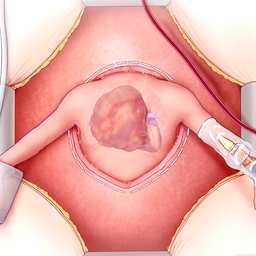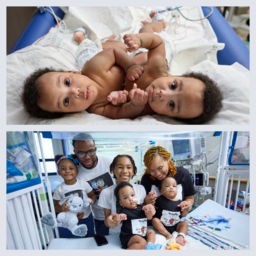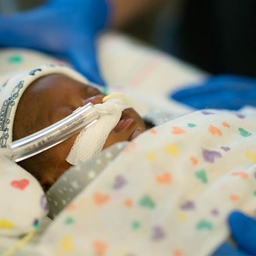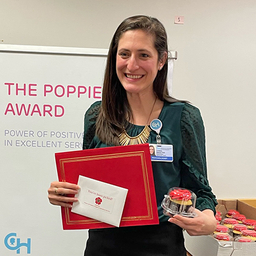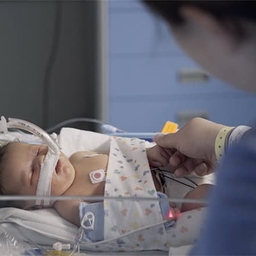Research Q-and-A with Juan D. Matute, MD, Attending Neonatologist
Feb 5, 2025
In July 2024, Juan D. Matute, MD, joined our team as an attending neonatologist in the Harriet and Ronald Lassin Newborn/Infant Intensive Care Unit (N/IICU) at Children’s Hospital of Philadelphia.
